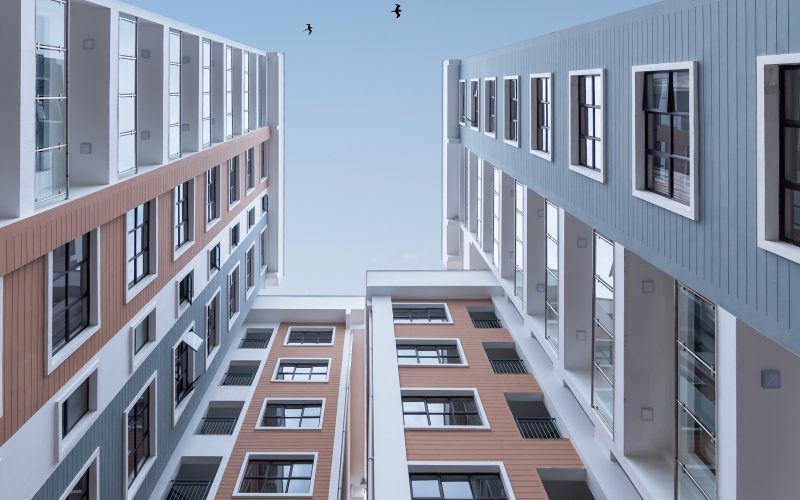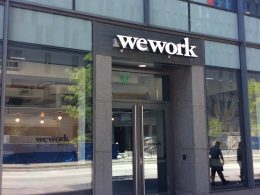Welcome to today’s blog post on the age-old debate of renting versus owning a home. Are you someone who is torn between the flexibility that comes with renting or the equity-building benefits associated with owning a home? Well, fear not! In this article, we’ll delve deeper into what it means to rent versus own and provide you with valuable insights into each option. We’ll explore the advantages and disadvantages of both choices so that by the end of this post, you will have a better understanding of which choice best suits your needs. So grab your coffee, get cozy, and let’s dive in!
Advantages of Renting
There are a number of advantages to renting a home as opposed to owning one. For starters, renting offers much more flexibility than owning. If you need or want to move, you can simply give your notice and be out at the end of your lease. There is no need to go through the hassle and expense of selling a home.
Renting also gives you the opportunity to live in a variety of different places. This can be great for people who like to move around frequently or who want to experience different types of neighborhoods.
Another advantage of renting is that you don’t have to worry about maintenance and repairs. If something breaks, it’s the landlord’s responsibility to fix it. This can save you a lot of time and money over the course of your lease.
Finally, renting usually requires a smaller financial commitment than buying a home. In most cases, all you need is first and last month’s rent plus a security deposit. There is no need for a down payment or mortgage approval process.
Advantages of Owning
There are many advantages of owning a home. One advantage is that you have the freedom to make changes to your home without having to get permission from a landlord. You can paint the walls, put in new flooring, or make any other changes that you want. Another advantage is that you build equity in your home with each mortgage payment that you make. This can give you a financial cushion if you ever need to sell your home or take out a loan. Finally, owning a home can provide you with a sense of stability and security that renting may not offer.
Disadvantages of Renting
Renting has a number of disadvantages that should be considered before signing a lease. These include:
-Lack of control over the property. As a renter, you will have to abide by the rules and regulations set forth by your landlord or management company. You will also be subject to their decisions regarding repairs, renovations, and other changes to the property.
-Increased risk of eviction. Unlike homeowners, renters can be evicted from their homes with relatively little notice and without cause. This can be disruptive to your life and make it difficult to find new housing.
-No opportunity to build equity. When you rent, you are essentially paying someone else’s mortgage. While you may be able to save some money each month, you will not have the opportunity to build equity in the property.
-Potential for rent increases. Landlords can raise rents at their discretion, which can make it difficult to budget for long-term housing costs.
Disadvantages of Owning
There are a number of disadvantages that come with owning a home. Firstly, as a homeowner you are responsible for all repairs and maintenance on the property. This can be expensive, especially if something major needs fixing. Secondly, unless you have a large amount of cash saved up, you will likely need to take out a mortgage to finance your home purchase. This means you will be paying interest on the loan, which can add up over time. Thirdly, if the housing market crashes you could end up owing more on your home than it is worth. Finally, as a homeowner you are also responsible for things like property taxes and insurance.
The Best of Both Worlds: Finding a Balance Between Renting and Owning
There are pros and cons to both renting and owning a home. It’s important to understand the advantages and disadvantages of each before making a decision.
Renting offers flexibility that owning does not. If you rent, you can move more easily and without as much financial commitment. You’re also not responsible for maintenance or repairs on the property.
Owning a home gives you equity – meaning, as you make mortgage payments, you own a larger and larger share of your home. Eventually, you’ll own it outright. Owning also provides stability and can be less expensive than renting over the long term.
So how do you find the best of both worlds? The answer may be different for everyone, but here are a few things to consider:
1. Location: If you want to live in a specific area or neighborhood, buying may be the better option since rents can increase over time while your mortgage payment will stay the same (assuming you have a fixed-rate mortgage).
2. Life situation: Are you planning on starting a family soon? Do you see yourself staying in one place for several years? If so, owning may make more sense since it can provide stability for your family. On the other hand, if you’re single or don’t plan on staying in one place for long, renting could be a better option since it offers more flexibility.
3. Financial situation: Can you afford
Conclusion
In conclusion, renting and owning a home both have their advantages and disadvantages. Understanding these benefits will help you decide which option is best for you in the long run. Renting provides flexibility and can be more affordable than buying a house, but it also comes with fewer incentives or equity that come from ownership. Buying a home can provide potential tax breaks along with the sense of security knowing that your investment will increase over time, though it comes at greater financial risk should housing prices drop significantly in your area. Ultimately, deciding whether to rent or buy depends on understanding your needs and circumstances in order to make the right decision for you.












